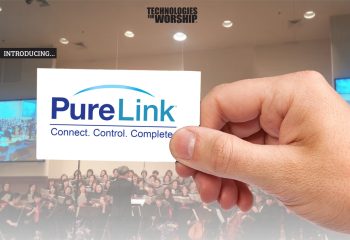July 1, 2010
By Bob Rapoport, Sales Advisor
So what exactly is the “analog sunset” and why should you even care about it? Analog sunset is simply the day where High Definition (HD) content providers turn off the HD output for analog devices. The agreement requires that that manufacturers stop selling devices capable of analog output which passes through the decrypted Advanced Access Content Systems (AACS) by December 31st, 2013. The “sunset” period will begin in 2010 which will require manufacturers to scale back analog support. Any device manufactured between December 31, 2010 and the cutoff date in 2013 will have its analog outputs limited to standard definition Interlace modes.
Many early HDTVs used analog connections i.e. component cable to connect the AV receivers and DVD players. The component cable has a red, green and a blue end cover at the ends. If the HDTV is connected to component cables, and it outputs a 720P, 1080i or 1080P signal, then on December 31st, 2010, the picture quality will degrade to a composite video level. So why are the HD content providers and movie studios doing this, the simple reason is piracy. Movie studios and Television networks lose billions of dollars in revenue because of piracy so they are upping the ante. Digital connections such as HDMI contain a digital rights management (DRM) decoder, which is added to prevent an individual from copying the content from movies and TV shows. AACS is the standard for content distribution and digital rights management and image constraint token (ICT) will be used to restrict analog outputs to 960×540 resolution. There has been sort of an unofficial agreement between the electronic manufacturers and film studios to not use ICT till 2010-2012.
How does this all affect the electronic systems contractors (ESC)? A recent survey has stated that nearly 85 percent of AV installations using HD are still integrated with component video cables. So because of this, many ESCs will have to get educated on learning all the digital signal standards and integrate systems using them. This will make their life simpler in the future.
Another challenge will be integrating with a house that has multi-room audio and video system. For example, if a matrix is used to distribute audio and video in different rooms. This may not work, come December 31st, 2010 as TVs will go to standard definition resolution. The solution will be to make sure all the devices (receivers, cable box, satellites) are digital ready and have multiple HDMI outputs. This will also be a huge opportunity for ESCs as they will have to make sure their client’s systems are upgraded and wired for the inevitable analog sunset.
PureLink offers a FREE system upgrade diagram with recommended parts and instructions on how to hook it up and test it. Installers interested in taking advantage of PureLink’s expertise in this category should start planning now for what will become a flood of new wiring requirements, including upgrading to fiber optics for long distance cable runs.






